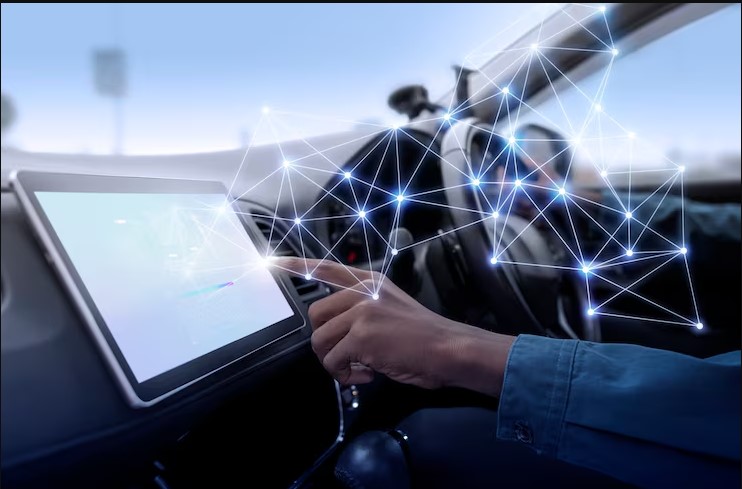Electric vehicles (EVs) have become a significant trend in the automotive industry, reshaping the way people think about transportation. With growing concerns about climate change and the environmental impact of traditional gasoline-powered vehicles, EVs offer a cleaner alternative. Automakers are investing heavily in EV technology, creating vehicles with longer ranges, faster charging times, and more affordable prices. Additionally, governments worldwide are introducing incentives for both manufacturers and consumers to adopt EVs. As the infrastructure for EV charging continues to expand, electric vehicles are expected to play an even more prominent role in the future of transportation.
Autonomous Vehicles: Revolutionizing the Driving Experience
Autonomous vehicles (AVs), often referred to as self-driving cars, are set to revolutionize the automotive industry by eliminating the need for human drivers. Through a combination of artificial intelligence, sensors, and machine learning, AVs can navigate roads, avoid obstacles, and make decisions without human intervention. This technology promises to enhance road safety by reducing human errors, which are responsible for a large percentage of traffic accidents. While there are still regulatory and technical challenges to overcome, the potential of autonomous vehicles to transform mobility, increase convenience, and reduce traffic congestion is undeniable, making it a critical area of focus in the automotive sector.
Sustainability and Green Technologies in Automotive Manufacturing
Sustainability has become a key focus in automotive manufacturing, with companies striving to reduce their carbon footprint and improve energy efficiency. Green technologies, such as the use of lightweight materials, improved fuel efficiency, and eco-friendly manufacturing processes, are being integrated into vehicle production. Automakers are also exploring renewable energy sources for their factories and minimizing waste through recycling and reuse. As consumers become more environmentally conscious, they are demanding cars that align with their values. Sustainable practices not only help reduce emissions but also contribute to the overall growth of the green economy, marking a crucial shift in the automotive industry.
The Role of Artificial Intelligence in Automotive Innovation
Artificial intelligence (AI) is driving innovation in the automotive industry, enhancing everything from vehicle design to manufacturing processes. AI is enabling vehicles to process vast amounts of data from sensors and cameras to improve safety features like adaptive cruise control, lane-keeping assistance, and collision detection. Additionally, AI is playing a crucial role in the development of autonomous vehicles, where it helps to make real-time driving decisions. Beyond the car itself, AI is also optimizing production lines, reducing manufacturing costs, and improving supply chain efficiency. The integration of AI in automotive technology is shaping the future of driving and vehicle production.
The Importance of Car Safety Features and Innovations
Safety features are at the forefront of automotive design as manufacturers continually work to improve protection for drivers, passengers, and pedestrians. Modern vehicles come equipped with advanced safety systems such as automatic emergency braking, lane departure warning, and blind-spot monitoring. Innovations like adaptive headlights, collision-avoidance systems, and pedestrian detection are enhancing vehicle safety even further. Additionally, vehicle-to-vehicle (V2V) communication is being explored to allow cars to share data with one another, potentially preventing accidents. As technology advances, safety remains a top priority for automakers, ensuring that new vehicles are not only more efficient but also safer for everyone on the road.
Conclusion
Car connectivity and infotainment systems are rapidly evolving, transforming the in-car experience into something much more interactive and integrated. Today’s vehicles offer features like touchscreens, voice commands, and smartphone integration that allow drivers and passengers to connect seamlessly with their digital devices. Infotainment systems now include navigation, entertainment, and real-time traffic updates, providing a more personalized driving experience. As 5G technology and the Internet of Things (IoT) become more widespread, cars will become even more connected, offering features such as remote diagnostics, over-the-air software updates, and even the ability to control car functions through mobile apps. The future of automotive connectivity promises enhanced convenience and functionality for drivers.
